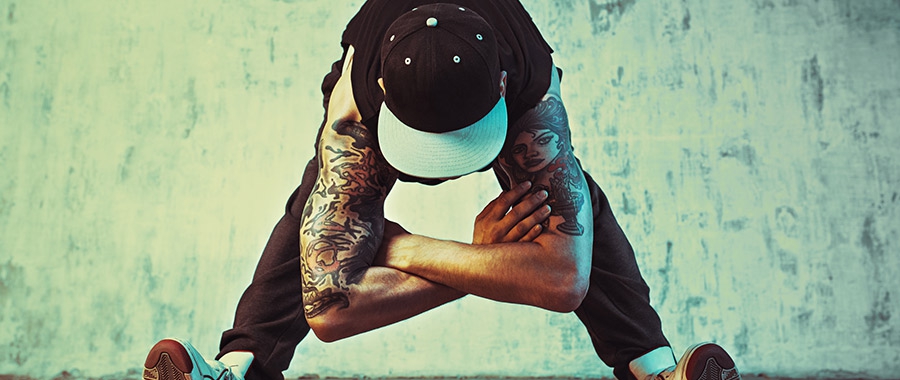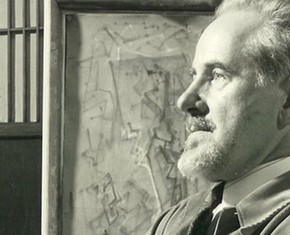The views expressed in our content reflect individual perspectives and do not represent the authoritative views of the Baha'i Faith.
It is the music which assists us to affect the human spirit; it is an important means which helps us to communicate with the soul. – Shoghi Effendi, quoted in The Importance of the Arts in Promoting the Faith.
At seven years old, I taught myself how to play the piano and eventually composed a few one-page pieces. I picked up the trombone as part of symphonic band class in middle school and concert band in high school. My parents would turn on classical music to relax my mind while I slept. During the daytime, I would twist my radio’s analog stereo tuner until I found any station that played hip-hop.
Hip-hop originated in New York, my place of birth, and as a culture, attained widespread popularity in the 1980s and ’90s. According to the Encyclopedia Britannica, hip-hop music, also known as rap, “is a musical style incorporating rhythmic and/or rhyming speech that became the movement’s most lasting and influential art form.” Today, hip-hop is one of the most, if not the most, significant genre of music.
Toward the end of high school, I started writing raps with my friends while experimenting with different sounds, rhymes and styles. We tried to come up with monikers for each other and names for future projects. After graduation, I moved to Panama in order to perform a year of service. Without much access to the Internet, I spent most of my free time enhancing my lyricism, developing the capacity to “spit bars,” as we hip-hop heads say. My first live performance was a Spanish rendition of the Hawaiian Unity song “We Are Drops,” which I called “Somos.” When I returned to the U.S., I attended the University of Florida and released three mixtape projects—the songs of which I performed at a variety of shows, including homecoming, engineering festivals, and as a member of a theater troupe.
Although hip-hop music has generally been perceived as aggressive, rebellious, profane and materialistic, I have always connected with the art form as a source of enlightenment, joy and motivation, and as a means to express my thoughts and emotions in a productive manner. Furthermore, rap provides me with the ability to spread relatable messages that can bring forth constructive, societal change.
Over the years, I have challenged myself to incorporate the teachings of my Faith—the Baha’i Faith—into my rap. One day, while deepening my understanding of some quotations from the Baha’i writings, I reread some of my previous rhymes, listened to old music I recorded on my laptop, and organized my thoughts, and in a very natural way, the lyrics flowed from my mind into my notes. My intent was to release this song at the outset of Naw-Ruz, the Baha’i New Year. Here is the result:
This upbeat song conveys some universal principles and concepts that not only Baha’is but everyone around the globe can adhere to as we navigate our daily lives. It also contains elements of old-school pop that many people enjoy. I wanted to present this recording as an opportunity to share the teachings of the Baha’i Faith with others in an easily digestible format. Hope you savor the wordplay and share it with your friends!
















Comments
Sign in or create an account
Continue with Googleor